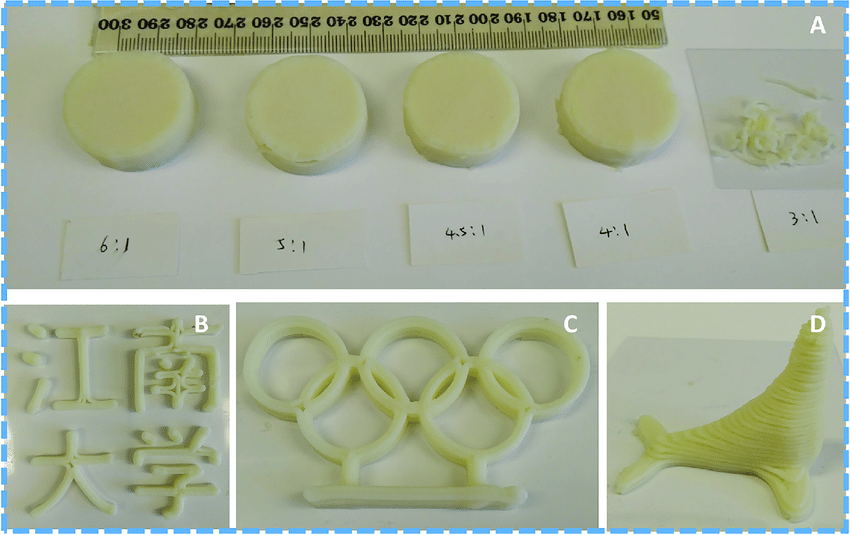Well, the winter holidays are right around the corner, which means lots of family time, cozy activities and, of course, copious amounts of food. To get in the spirit, let’s look at an interesting food 3-D printing research project centered on a holiday staple: potatoes.
The research, recently published in the journal Food Research International, is being conducted by a joint team from Jiangnan University in China and The University of Queensland in Australia. Working together, the team members have experimented with 3-D printing mashed potatoes with probiotic additives.
The overall aim of the project has been to optimize the mashed potato formulation for 3-D printing (through its rheological properties and printability) as well as to assess the feasibility of incorporating probiotics into the printed edibles, which could lead to new opportunities for functional food 3-D printing.
As the research team explains, functional foods have become increasingly popular in recent years because of health consciousness trends. Functional foods, which provide nutrients and satisfy hunger often in a simple and practical way, are also crucial in areas of the world plagued by malnutrition.
3-D printing, for its part, has been a topic of interest in the realm of functional foods, as it can be used to created edible ingredients with tailored nutritional properties. We’ve seen the topic discussed by a number of companies and research groups, particularly in regards to feeding the elderly or those with food limitations.

In this particular project, the researchers were investigating whether probiotics could effectively be added to 3-D printed mashed potatoes to improve their nutrients. Probiotics are a type of intestinal microorganisms that help humans to maintain a balanced digestion. Probiotics have been found to have positive effects on people with inflammatory bowel diseases, as well as those with metabolic and periodontal conditions.
The study consisted of 3-D printing mashed potatoes with probiotics using a range of nozzle diameters and temperatures. Each variable was then evaluated for probiotic survival under specific conditions. According to the researchers, only the smallest nozzle tested (0.6 millimeters) resulted in the reduction of probiotic viability.
“This study suggests that it is promising to fabricate attractive food structures enriched with probiotics microorganisms using 3-D printing,” the study concludes. “We may develop a microenvironment devoid of oxygen by creating internal structure of 3-D printed products to avoid the adverse e?ects of oxygen to probiotics microorganisms. Moreover, the e?ects of added probiotics cells on the quality of 3D printed samples and quality changes during storage might be another research ?eld. This leaves a large space for future investigation.”